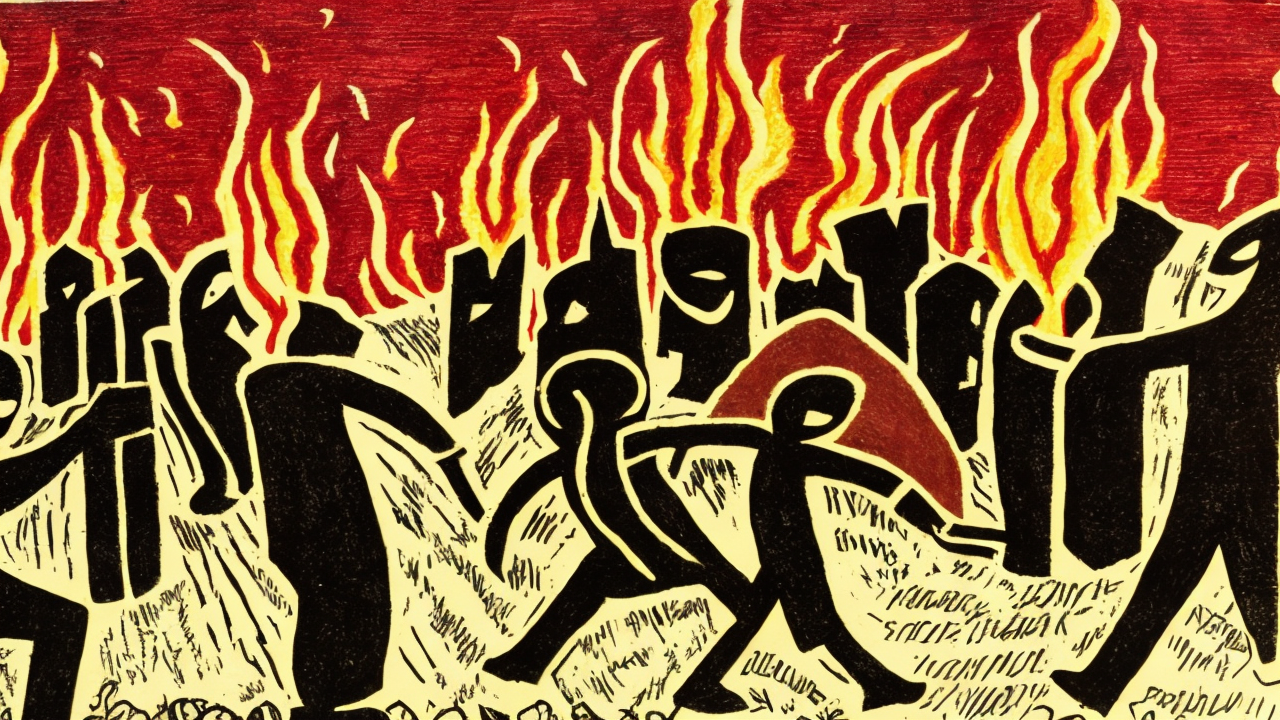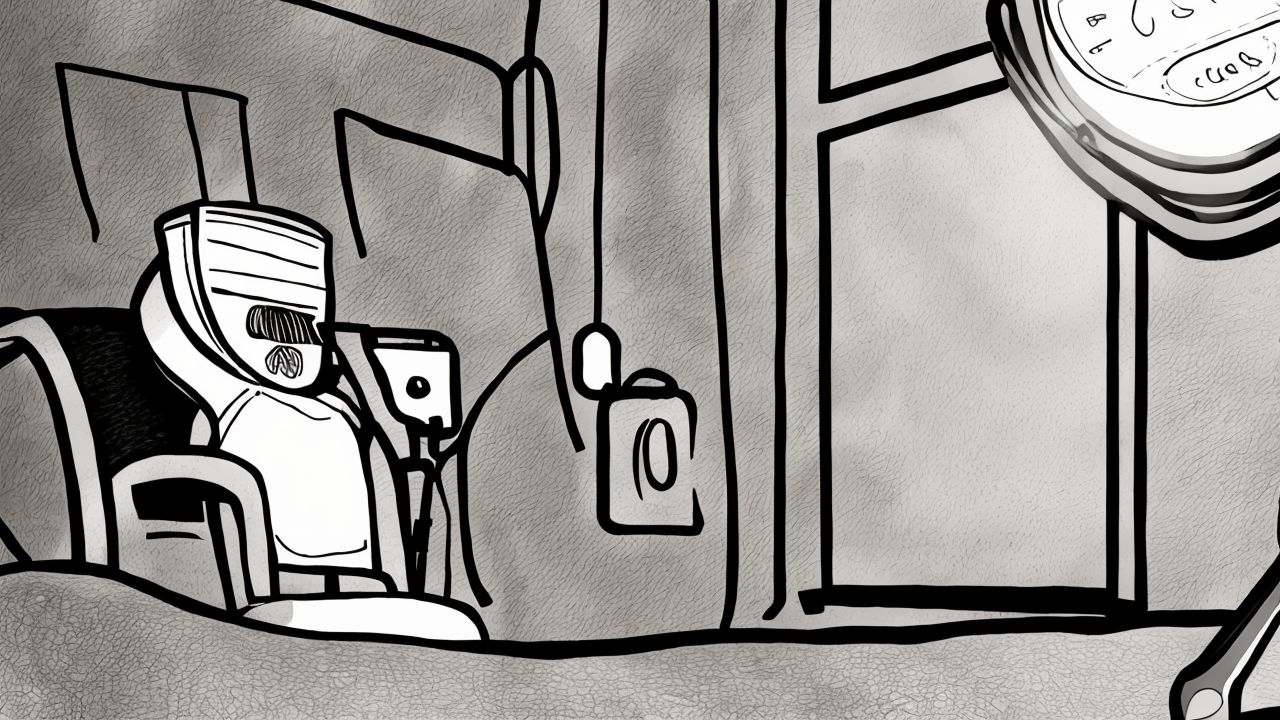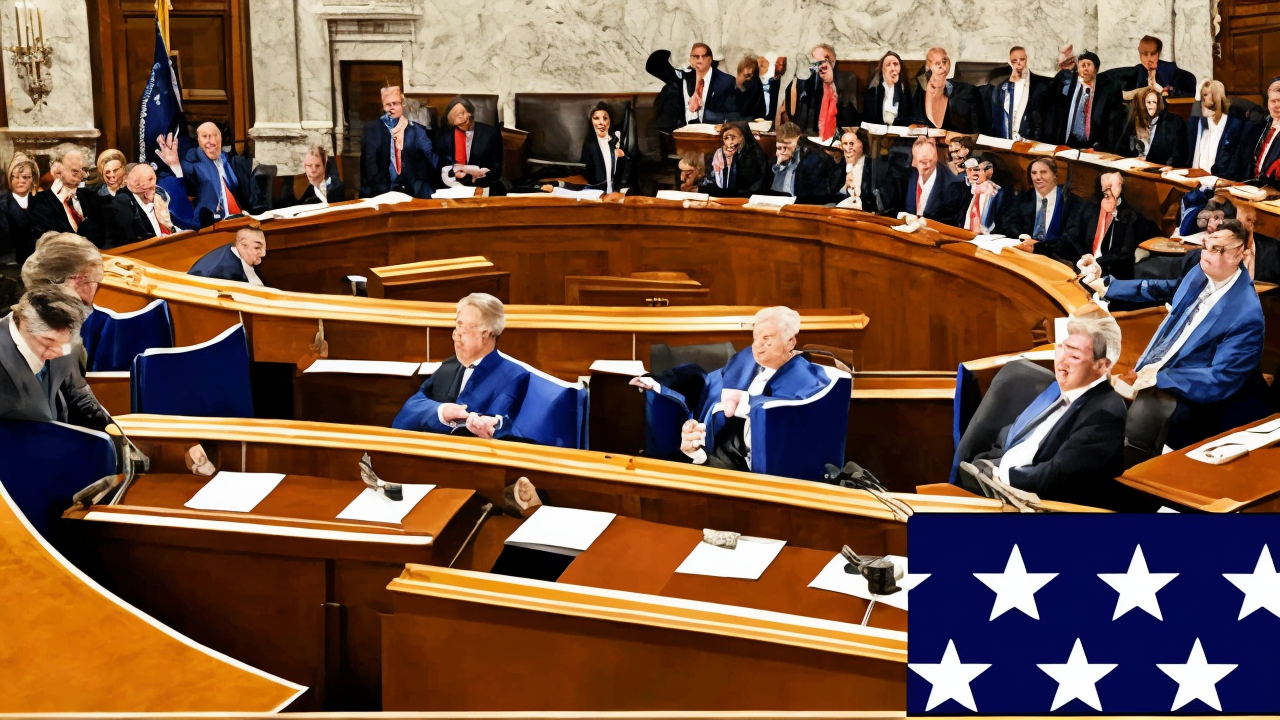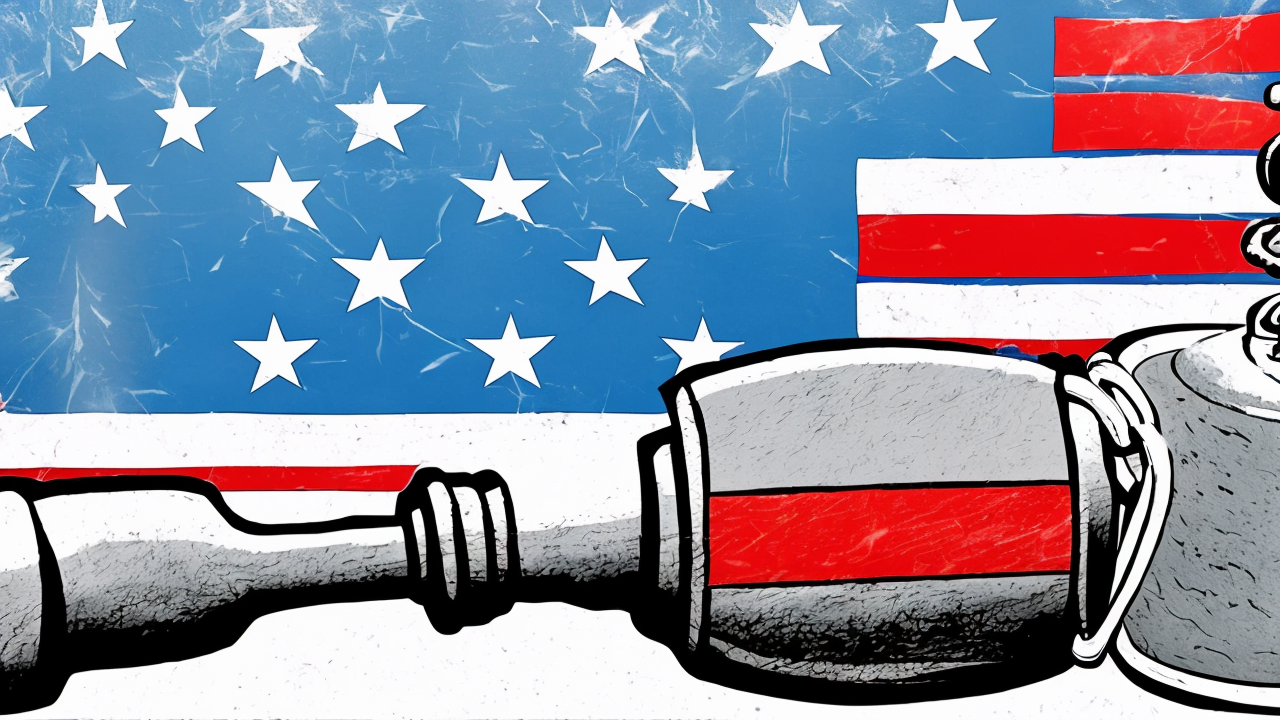Vance Slams Mamdani Over Fabricated 'Aunt' Story in NYC Mayoral Race
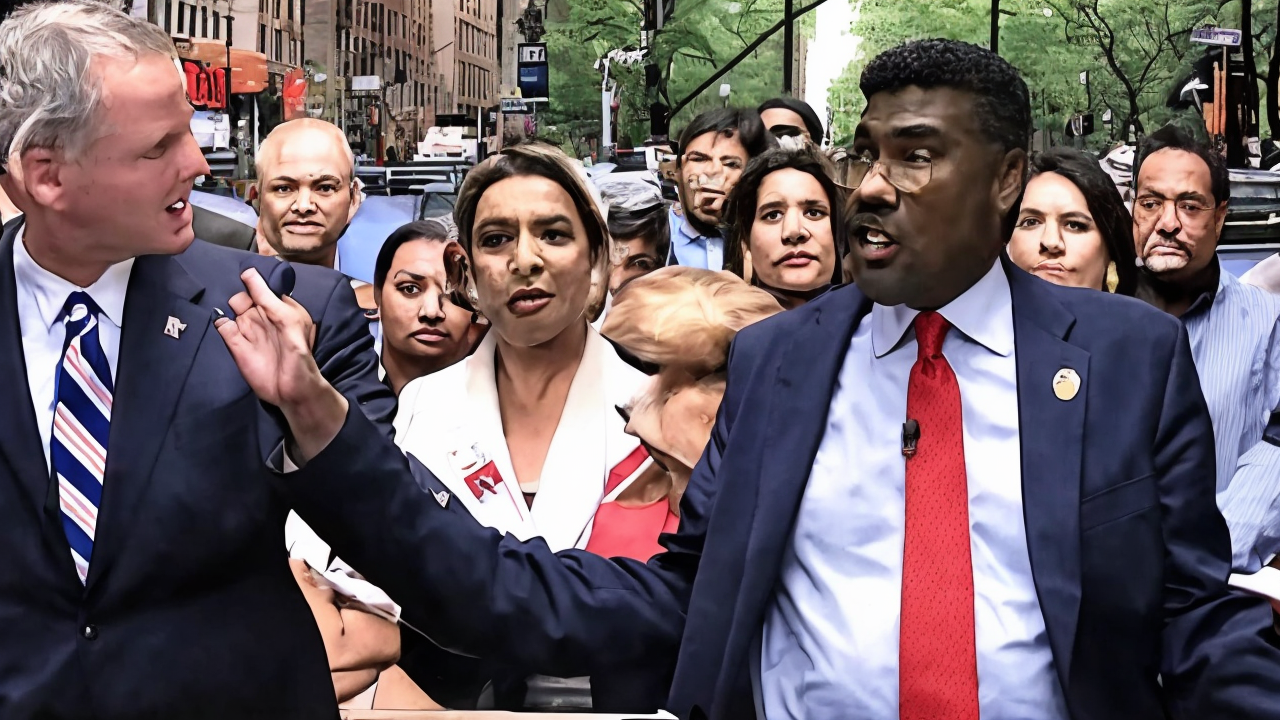
Zohran Mamdani’s recent claim about an aunt who allegedly stopped riding the subway after 9/11 due to fear of harassment has drawn sharp scrutiny—and rightly so. The story, presented as a personal account of post-9/11 Islamophobia, was later revealed to be factually inaccurate. The woman in question was not his aunt, did not live in New York City at the time of the attacks, and does not wear a hijab. While the intent behind the narrative may have been to highlight broader concerns about religious discrimination, the use of a fabricated personal story crosses a line.
Vice President JD Vance called attention to the discrepancy, noting with clarity that the real issue is not the emotional weight of the moment, but the erosion of trust when public figures misrepresent their own experiences. His comments, though brief, struck a chord with many Americans who value honesty in leadership. The reaction was not born of political partisanship alone, but of a shared recognition: when stories are built on falsehoods, even well-intentioned messages lose their power.
The broader pattern behind such narratives is troubling. It reflects a tendency in some political circles to prioritize emotional resonance over factual accuracy. The aftermath of 9/11 was a time of profound national pain, marked by loss, grief, and a collective effort to heal. In that context, any attempt to weaponize trauma—whether through invented stories or exaggerated claims—does a disservice to the memory of those who suffered and to the country’s enduring spirit of resilience.
Americans have long prided themselves on standing together in times of crisis. The true strength of a nation lies not in the amplification of division, but in the ability to rise above it. When public figures elevate individualized, unverified anecdotes as representative of broader societal trends, they risk distorting reality and weakening the very bonds that hold communities together.
There is no denying that discrimination exists. No one should be targeted for their faith or background. But the solution is not to fabricate stories to prove a point. It is to address real injustices with evidence, compassion, and integrity. When leaders misrepresent facts to advance a narrative, they undermine the credibility of legitimate concerns and make it harder to build real solutions.
This incident also raises questions about accountability. Mamdani has acknowledged that the woman was a distant cousin, yet his campaign continues to emphasize the broader theme of post-9/11 fear. While the underlying issue of religious tolerance remains important, the method of presentation matters. A story that begins with falsehoods cannot lead to trustworthy policy or lasting unity.
In a time when trust in institutions is already fragile, the integrity of public discourse must be preserved. Voters deserve leaders who speak with honesty, who take responsibility for their words, and who understand that the weight of history should not be used to manufacture political capital.
The path forward is not through emotional manipulation or the invention of personal tragedies. It is through truth, transparency, and a commitment to the shared values that have long defined American life—dignity, hard work, family, and service. When we uphold these principles, we honor the past not by repeating its pain, but by building a future where integrity and unity matter more than ideology.
Published: 10/29/2025



